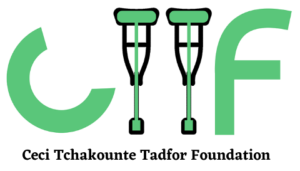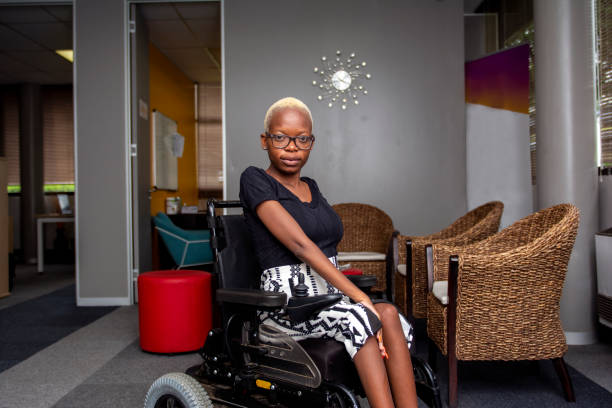Employment Opportunities for People with Disabilities in Africa: Successes, Challenges, and Inclusive Initiatives
The global discourse on inclusivity and diversity in the workforce has gained momentum in recent years. This is especially true when it comes to employment opportunities for people with disabilities. In Africa, efforts are being made to create a more inclusive job market, allowing individuals with disabilities to showcase their skills and contribute to economic growth.
This article examines the current employment landscape for people with disabilities in Africa, highlighting success stories, challenges, and initiatives that promote inclusive hiring practices.
Success Stories
One shining example of success in promoting employment for people with disabilities comes from South Africa. The “Disability Confident Employer” initiative launched by the Department of Social Development encourages businesses to become more inclusive in their hiring practices. This initiative has resulted in companies such as Woolworths and Standard Bank implementing accessible workplaces and hiring individuals with disabilities across various job roles.
In Kenya, the “EmployAble Program” by Leonard Cheshire seeks to address the unemployment rate among people with disabilities. The program provides job training, mentorship, and placement services through partnerships with local businesses. Success stories from this program include individuals with disabilities securing jobs in fields ranging from information technology to hospitality.
The Safaricom Foundation has also been instrumental in promoting inclusivity. Their internship program for people with disabilities has paved the way for many talented individuals to showcase their skills and contribute effectively to the company’s success. This initiative emphasizes the value of tapping into a diverse pool of talents, proving that disabilities need not be obstacles to professional growth.
Challenges Faced By People with Disabilities in Africa
Despite the progress being made, there are still significant challenges to overcome. Stigma and misconceptions about disabilities remain widespread, leading to a reluctance among employers to hire individuals with disabilities. Limited accessibility to physical infrastructure and digital platforms further hinders their inclusion in the workforce.
Additionally, many people with disabilities lack access to quality education and vocational training, making it difficult for them to acquire the skills needed for meaningful employment.
Initiatives Promoting Inclusive Hiring Practices
Governments, NGOs, and private organizations are addressing these challenges and fostering inclusive hiring practices. The African Union’s African Disability Protocol promotes the rights of persons with disabilities, including the right to work. Additionally, the ILO Global Business and Disability Network encourages businesses to adopt disability-inclusive policies and share best practices.
The African Union’s “Decade of Persons with Disabilities” initiative promotes social and economic inclusion by advocating for policy changes, accessible infrastructure, and increased employment opportunities. Non-governmental organizations such as “Enable the Disabled” in Nigeria and “Sense International” in Uganda are focused on training people with disabilities and connecting them with employers willing to embrace diversity.
These organizations also raise awareness about the benefits of inclusive hiring, challenging stereotypes and biases. In Nigeria, the Initiative for National Growth Africa (INGA) has launched the “Ability in Disability” campaign to sensitize employers to the benefits of hiring disabled individuals and offering resources for workplace adaptations. Similarly, the Moroccan Association for the Integration of People with Disabilities (AMHDI) focuses on vocational training and skill development to empower disabled individuals to pursue meaningful careers.
Conclusion
While challenges persist, the employment landscape for people with disabilities in Africa is gradually evolving. Success stories and initiatives illustrate a diverse workforce’s potential, fostering economic growth and social integration. To truly create inclusive societies, governments, businesses, and civil society organizations must collaborate, eliminate barriers, and provide equal opportunities for all. By doing so, Africa can harness the talents of people with disabilities and build a more equitable future for everyone.

